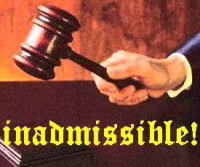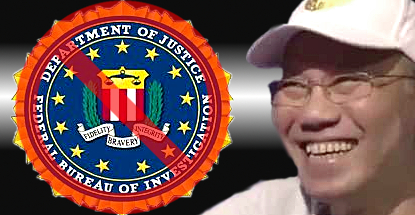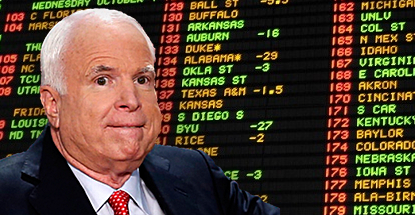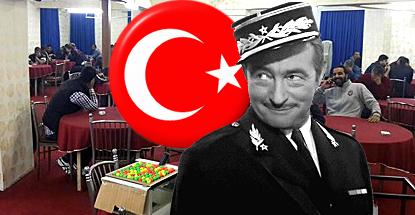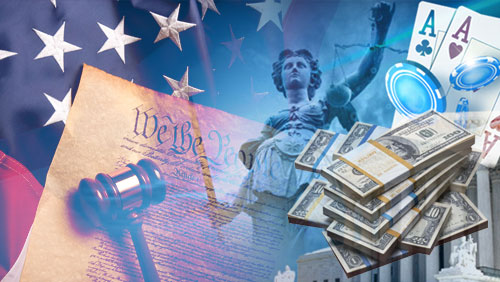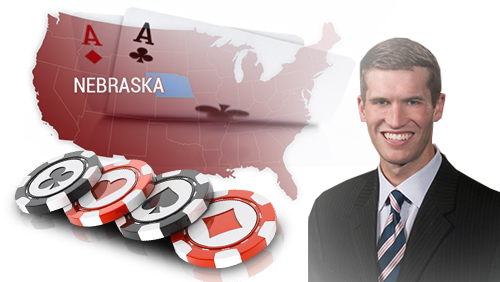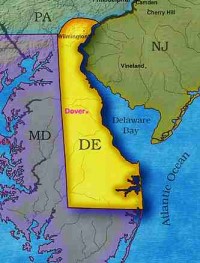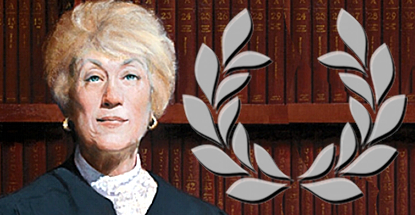Casino operator Caesars Entertainment has asked an Illinois judge to “suspend” an involuntary bankruptcy petition filed by disgruntled junior creditors. Caesars is attempting to thwart these creditors from disrupting the planned reorganization of its heavily indebted main unit, Caesars Entertainment Operating Co. (CEOC).
The junior creditors filed in Delaware on Jan. 12 and Caesars made its own bankruptcy filing in Chicago three days later. Last week, US Bankruptcy Judge Kevin Gross ruled that Chicago was the appropriate venue to handle the proceedings. However, Gross declined to rule on the official start date of the bankruptcy, which has ramifications for whether junior creditors can challenge certain financial sweeteners Caesars offered senior creditors for signing on to its reorganization plan.
CEOC is struggling under the weight of around $18.4b in debt incurred when Caesars’ hedge fund owners took the company private in 2008. Caesars has proposed reforming CEOC as a real estate investment trust, a plan that has won the approval of a majority of senior creditors. US Bankruptcy Judge A. Benjamin Goldgar in Chicago has set a Feb. 11 hearing to consider Caesars’ request to suspend the Delaware filing.
Caesars also announced it had “potentially” agreed to allow an independent examiner to consider the legality of Caesars’ controversial pre-bankruptcy asset transfers. Junior creditors have accused Caesars of ‘looting’ CEOC of most of its value by transferring profitable assets – including the company’s interactive division – to other Caesars’ spinoffs (and out of creditors’ reach). Last month, a federal judge described these transfers as an “impermissible” violation of the federal Trust Indenture Act of 1939.
In a filing on Monday, Caesars claimed that any examination of its asset transfers would determine that they were fairly done. However, Caesars said the asset transfers would first be thoroughly investigated by the official creditors’ committee. As such, Caesars asked the court to give CEOC and creditors the opportunity to structure the scope of such an examination.
CAESARS HIRE NEW ANTI-MONEY LAUNDERING WATCHDOG
Finally, Casears announced it had hired a new anti-money laundering (AML) compliance chief. In a statement to Reuters, Caesars announced it had hired Benjamin Floyd as its new senior VP for AML compliance. Floyd, who began his new job in January, formerly held a similar position with Wal-Mart.

